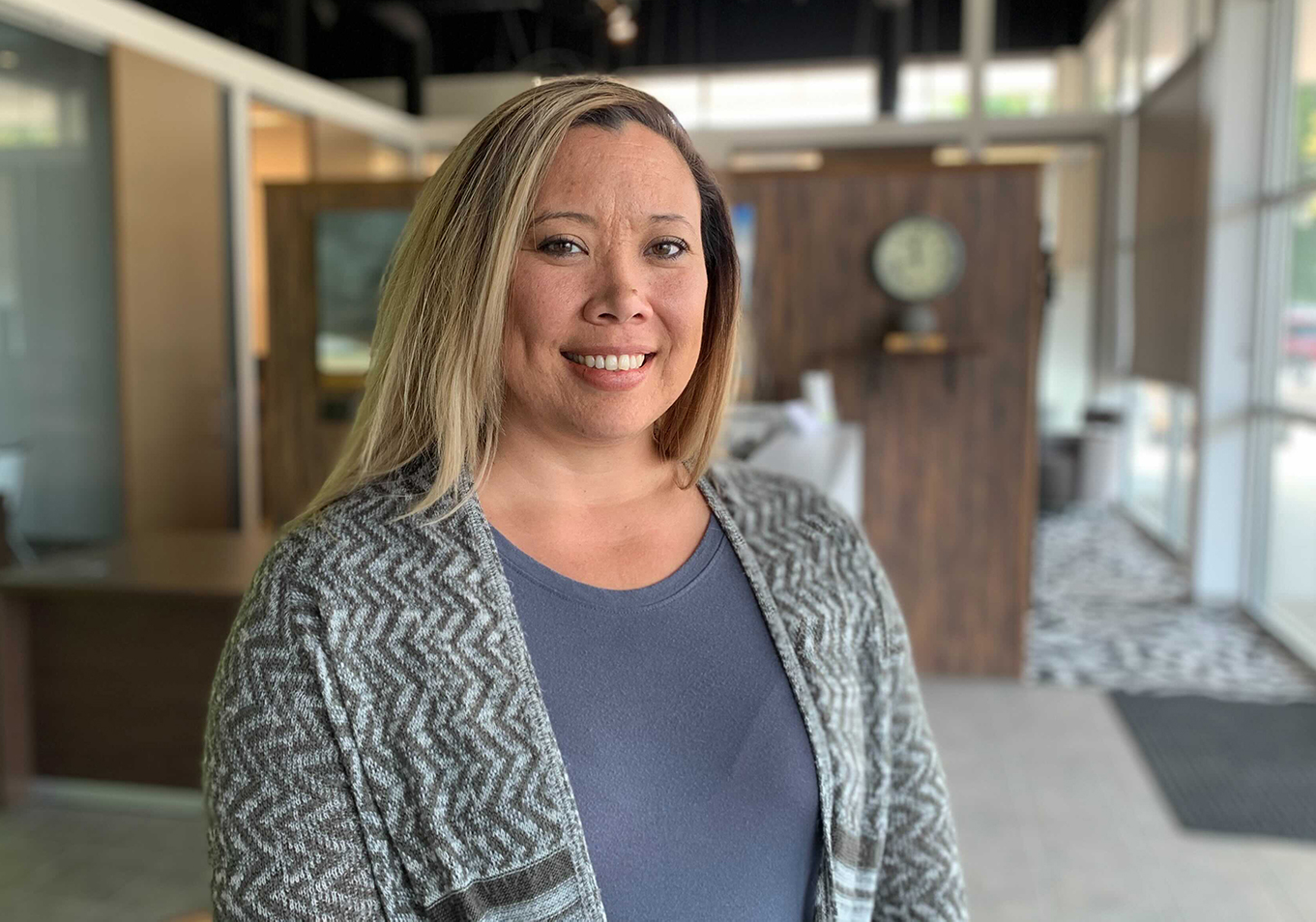September 14, 2021
Q: Everyone is telling me to leave my partner who has addiction. Should I listen?
A: There’s no simple answer here. I have stayed and I have left – it all depends on the situation and your safety, most importantly.
After safety, for yourself and anyone else in the home who may not be able to make decisions for themselves, here are a few other things to think about:
- Are you thinking about leaving with the hope that it will make them change?
- Are you prepared to follow through?
- Who else will your decision affect besides the two of you? How?
- Are you contemplating leaving as a form of punishment, or is it something you want to do?
- Are you tied to this person in any other way? If you’re parents, how will you navigate co-parenting?
I know how hard this decision is. There’s so much to think about and so many emotions involved – I remember feeling fed up, angry, sickened, all those unpleasant feelings. I was sick of cleaning up messes they had made and doing things on my own that should be shared responsibilities. I was tired of being lied to, disrespected and seeing my plans ruined by their behavior.
Since then, I’ve learned so much more about the disease of addiction and several alternatives to leaving. These are just a few areas you might find helpful:
- Take time that’s for yourself and only yourself. Get a massage, go to a movie, sign up for a team sport – do something that’s purely for your enjoyment. It will help you relax, take your mind off things and find joy.
- Set boundaries. I can’t say this one enough. They’ll look a little different for everyone: “When you drink, I’m going to sleep in the guest room.” “If you’re using and we have plans to do something fun, I’m still going to do those things without you.” “If you’re planning to drink or use I’m keeping the keys to the car.” Remember that boundaries aren’t ultimatums, they’re essential for maintaining your own safety and wellbeing. Boundaries should be clearly communicated and followed through.
- Create a contingency plan if you need to leave the house or deal with a crisis. Maybe it’s an alternate place to stay for the night, someone you trust to pick up the kids, an activity you can do by yourself or with your kids if they don’t come home.
- Celebrate small wins and encourage them when they make healthy choices. Positive reinforcement is an effective way to support lasting change. Plus, it opens the conversation and shifts the focus away from the addiction, which usually ends in a fight. Noticing and acknowledging those changes can be helpful to yourself as well.
With all of these, it’s important to remember what you can and can’t control. You can’t control the thoughts or behaviors of someone else, which means you can’t control their usage, no matter how badly you might want to. And because it’s out of your control, it’s something you shouldn’t blame yourself for. Loved ones often feel that it’s up to them to fix the problem or take control, but that can be very stressful and even dangerous.
Leaving doesn’t always mean forever, but sometimes it does. You can still love someone from a distance; having some time away may provide clarity. When you’re not deciding out of spite or anger but making a choice based on facts, that’s a decision you can usually make without regret.
Bottom line, this is a very difficult, personal decision. If you need someone to talk to, please consider reaching out to Face It TOGETHER. We know what you’re going through and can provide compassionate, science-backed guidance.

